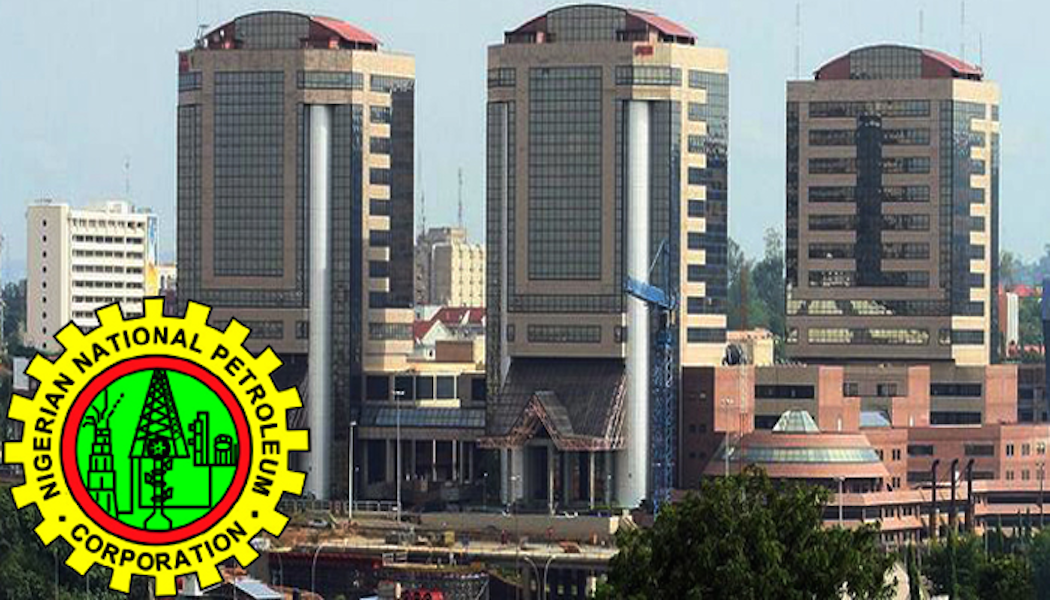
19 Jun Oil closes the week high as NNPC GMD rings alarm bell
Oil futures rose on Friday, reversing early losses and set for a fourth week of gains after OPEC sources said the producer group expected limited U.S. oil output growth this year despite rising prices.
But the Group Managing Director of the Nigerian National Petroleum Corporation (NNPC), Mele Kyari, has said that the rising prices of crude oil in the international market could cause major challenges for resource-dependent nations like Nigeria.
Brent crude futures rose 43 cents, or 0.6% to settle at $73.51 a barrel. U.S. West Texas Intermediate (WTI) crude rose 60 cents, or 0.8% to $71.64 a barrel. Both benchmarks were headed for a weekly gain of about 1.1%.
“Oil markets are rallying because OPEC is skeptical that the increase in U.S. oil production is going to be enough to change their plans to support prices,” said Phil Flynn, senior analyst at Price Futures Group in Chicago.
On Wednesday, Brent settled at its highest price since April 2019 and WTI closed at its highest since October 2018. Gains were capped by lingering concerns about the pandemic and a stronger U.S. dollar, which makes oil more expensive in other currencies.
Kyari who spoke at the virtual Citizens Energy Congress, tagged: “Securing a Sustainable Future Energy System through Strategy, Collaboration and Innovation,” yesterday, described the rising price of crude oil as a “chicken and egg” situation.
He added that oil prices had started exiting the comfort zone set by the NNPC, and becoming a burden.
Kyari put the comfort zone globally at $58-$60, saying that for the NNPC, anything above $70-$80 will create major distortions in the projections of the corporation and add more problems to the company.
Brent crude, Nigeria’s oil benchmark, is currently selling for over $73 and is likely to increase further in the coming days as the NNPC continues to battle the dilemma of shouldering the payment of petrol subsidy, which has made it unable to contribute to the Federal Account Allocation Committee (FAAC) on two occasions.
He said as the commodity prices rise, buyers of Nigeria’s crude may be compelled to accelerate their investment in renewable sources of energy, thereby leaving the industry in a quagmire.
“In a resource-dependent nation like Nigeria when it gets too high, it creates a big problem because your consumers shut down their demand. Demand will go down and obviously even as the prices go up, you will have less volume to sell.
“So, it’s a chicken and egg story and that’s why in the industry when people make estimates for the future, they always make it about $50 to $60. Nobody puts it beyond $60.
“But for us as a country, as prices go up, the burden of providing cheap fuel also increases and that’s a challenge for us but on a net basis, you know, the high prices, as long as it doesn’t exceed $70 to $80, it’s okay for us.”
According to him, Nigeria will have no problems supporting the restoration of about 5.8 million barrels a day that the Organisation of Petroleum Exporting Countries (OPEC) still has offline since the pandemic, due to the curbs in production quota imposed by the oil cartel.
He said adding that number to demand will stabilise and probably bring oil prices down to about $60 level or a little below $60, stressing that that’s a comfort zone for every producing company or country.
He confirmed that Nigeria is already producing well below its capacity, because in early 2020, the country actually produced up to 2.4 million barrels of oil per day for both oil and condensates.
With declining investments in the oil sector, Kyari stated that in a short time, most likely the next five years, the world may experience an energy crisis if the current situation is not properly managed.
On renewables, he said, “But we know that a number of things are going on in the transition journey at renewables. Many oil companies are transiting to renewables in the future. And that means that emphasis will be on gas and I see a very turbulent next five years and potentially some stability in the next 10 years.”
He described the transition to renewables as a reality, adding that for Nigeria, what is clear is that the country is deficient in infrastructure and, therefore, needs resources from oil to exit poverty.
He stated that for Nigeria, to transit means to go for a low-carbon option and move towards more gas development than the liquids, adding that in the long term, the country needs to find a way out of dependence on oil.
“Renewables are real and we are making efforts to go in that direction, but obviously, our first step is to develop our gas resources.


Sorry, the comment form is closed at this time.